
In 2017, Black Girls Code turned down a $125,000 gift from Uber.
Likewise, Girl Scouts of the USA returned a hefty gift to its donor that amounted to $100,000.
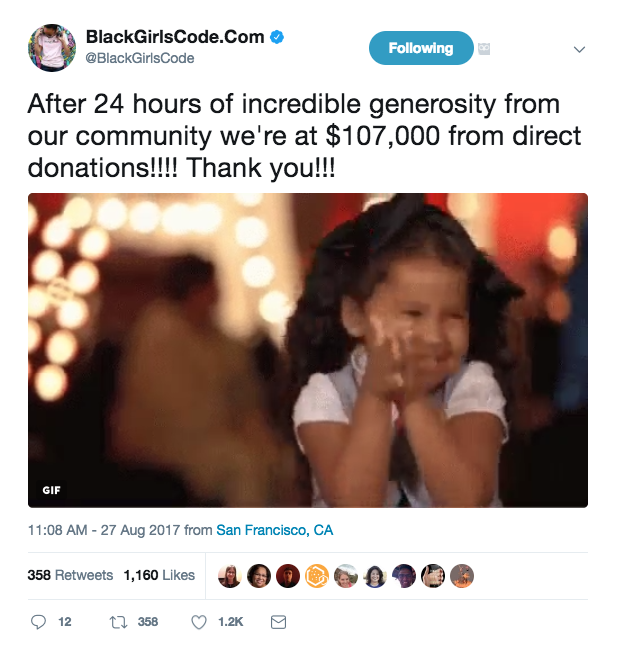
The power in following your values.
Hearts With a Mission, a youth shelter organization requesting $26,000 in government funds to finish out 2017, turned down a $3000 donation that was gifted to them by the Portland Gay Men’s Chorus after PGMC raised the funds during a sold-out concert.
And a couple of years ago, UN Women embarked on their partnership with Uber. The goal of the initiative was to create one million Uber jobs for women by the year 2020, thereby increasing female economic empowerment globally. But less than two weeks later, UN Women ended the partnership.
Why did the gift refusals (and the demise of the corporate partnership) happen?
The donations were generous, and that’s a great thing for any nonprofit on the receiving end, right?
It’s not that simple.
Black Girls Code viewed Uber’s “generous gift” as a PR stunt. Founder Kimberly Bryant expressed her belief that the gift in question was a “tone-deaf response to Uber’s diversity issues,” rather than a move grounded in the genuine effort of inspiring change. Uber’s gift came off as patronizing, in line with the idea that putting a hefty sum of money on the table is a cure-all for the kinds of problems that are insidious, cultural, and layered.
UN Women initially teamed up with Uber to create positive change for women, but after International Transport Federation published an open letter criticizing the relationship, expressing that the initiative, while good-intentioned, would inevitably disempower rather than empower, UN Women sat up, listened, and acted swiftly.
In yet another instance of women-driven nonprofits choosing women first, or in this particular case, choosing girls first, the Girl Scouts Western Washington branch returned a $100,000 donation to its rightful owner due to a stipulation that the funds not be used to support transgender girls. “Girl Scouts is for every girl,” explained Chief Executive Megan Ferland. In the end, GSWW refused to compromise this intrinsic aspect of their identity and their work.
Hearts With a Mission, despite espousing accessibility to all eligible youth in Jackson County, Oregon, is a faith-based organization and didn’t want to “be identified with” a gay men’s chorus. Director Kevin Lamson admitted that their refusal of the $3000 gift, despite being over $25,000 in need, had to do with “public perception.” Mmmkay…
What is the point of sharing these stories with you?
To illustrate an important point. Many of the grievances espoused by Community-Centered Fundraising could be prevented altogether with a strong gift acceptance policy. One that allows fundraisers to turn down gifts that don’t align with their principles. One that is straightforward and transparent.
Does your organization have a gift acceptance policy? If not, then you need to draft one. The need for this is strong, and it is also heavily rooted in your identity.
Who are you?
What kind of wonderful work do you do?
How do you make that wonderful work possible?
Who benefits from your work?
What is your mission?
Where are you located?
What are the funds for in particular, if a designation has been made?
What are your values?
These are some of the most obvious questions that should share a role in creating your gift acceptance policy filter. And funding your programming, your mission is central to the success of your organization.
The purpose of your Gift Acceptance Policy is for every stakeholder to understand which gifts you will or will not accept.
And in addition to monetary gifts, you’ll want to include language on in-kind donations, and how you maintain your donors’ privacy. What gifts are acceptable? Cash? Stocks, personal property, bequests, insurance policies? What are examples of gifts not accepted without the specific approval of your board?
Your nonprofit’s Gift Acceptance Policy should be reviewed by the board annually and should be included in new staff member and new board member orientation packets.
But it’s about more than the money.
These organizations stayed true to their values. Because you want to not only do the best work you possibly can, you want to stay true to your values. Because who you are, what you do, and how you do it are interconnected. And these elements are often deeply rooted in not only your donors’ motivations but within their relationships with you. And that’s a critical thing worth protecting. Be keenly aware, careful, and considerate of that. Don’t squander it. Because a lot of the time, it comes down and back around to one thing.
Trust.
Here are some resources to get you started:
Learn more about creating your gift acceptance policy, including sample gift acceptance policies, from the National Council on Nonprofits.
See also How to Create Nonprofit Gift Acceptance Policies.
For a marvelous template, download this, from Kathryn Miree and Associates.
Nonprofit Risk Management Center Sample Gift Acceptance Policies
Understanding and drafting gift acceptance policies (Planned Giving Design Center)
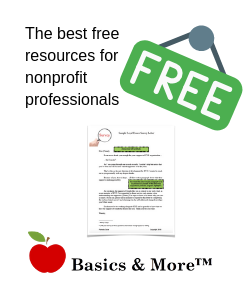

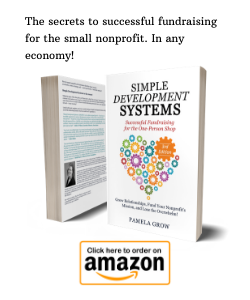
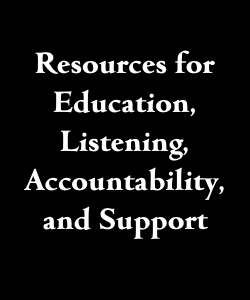



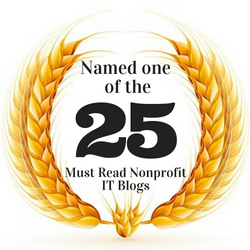






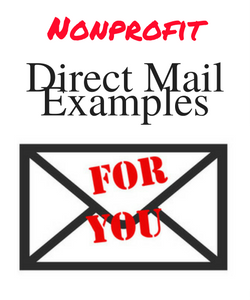
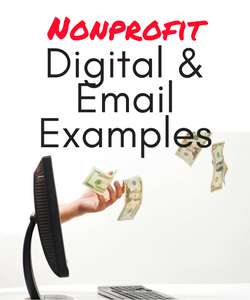

 I can’t wait to meet with you personally.
I can’t wait to meet with you personally.
Comments on this entry are closed.